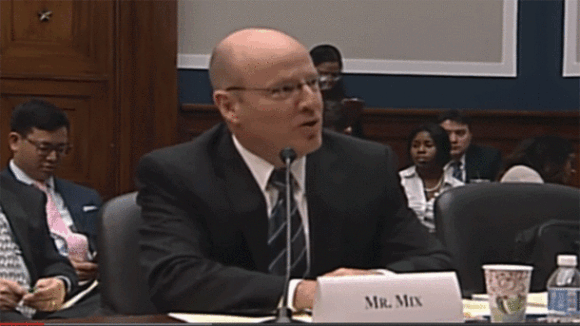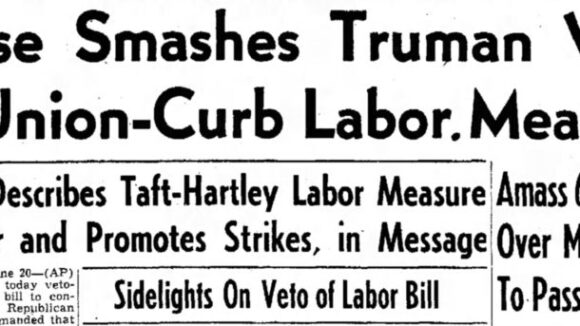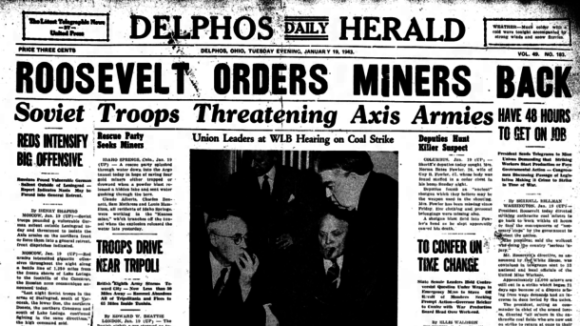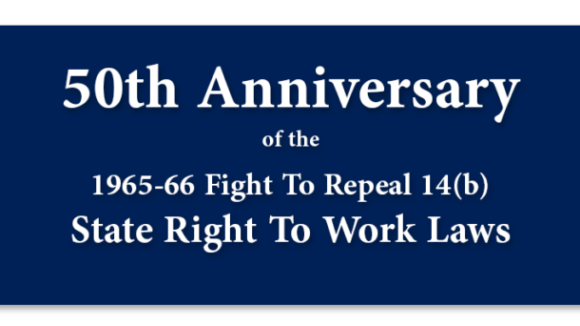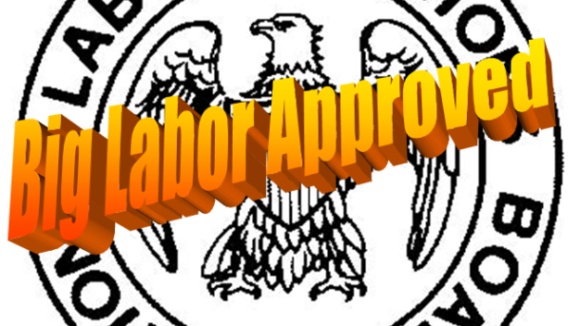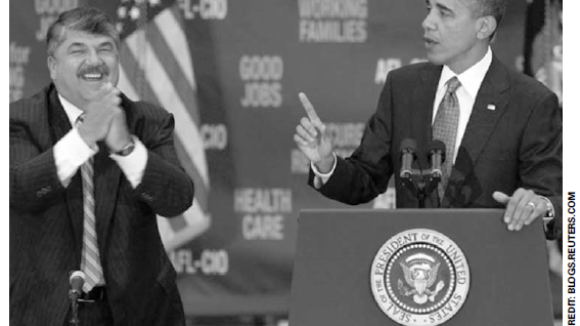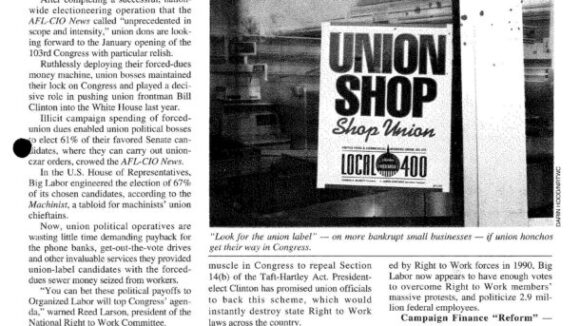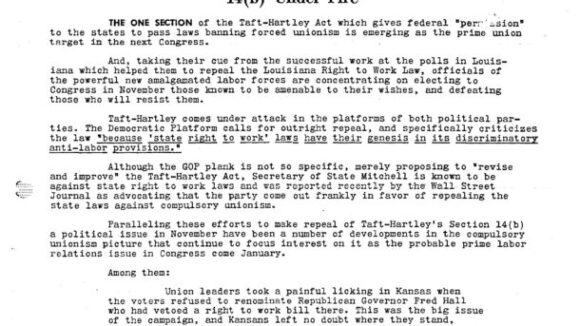Right To Work = Jobs
BMW plans to expand in Right To Work state of South Carolina
As politicians are seeking jobs through stimulus programs, spending sprees, welfare, food stamp programs and bureaucratic mandates, many ignore the upshot enactment of a Right to Work law can have on job creation for fear of angering their big labor benefactors. But the evidence continues to compound that giving workers a choice in joining a union is not only a civil rights issue but an economic growth issue. The Washington Examiner gets it:
"Danaher’s closing,” said Rep. Richard Neal, D-Mass., lamenting the loss of a plant that had employed 330 people in his state. “Now those jobs are going to Arkansas and to Texas.”
It was April 2005. Neal was taking the opportunity during a House committee hearing on competition with China to complain instead about how Massachusetts was losing jobs to states with less-hostile business climates.
The Ways and Means Committee chairman in 2005, California Republican Bill Thomas, mildly rebuked Neal’s deviation from the topic, saying Massachusetts had shot itself in the foot with high taxes and compulsory union membership.
“At some point perhaps the good citizens of Massachusetts will pick up the drift,” Thomas said.
